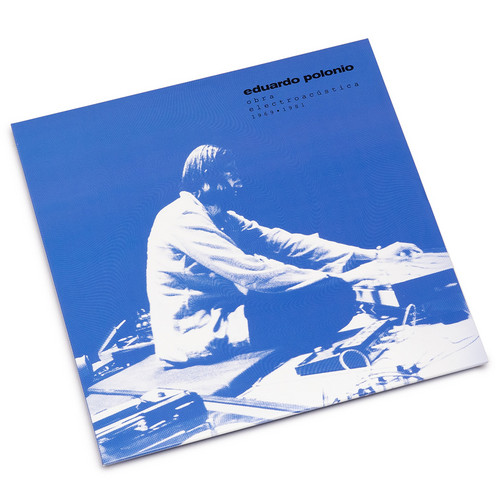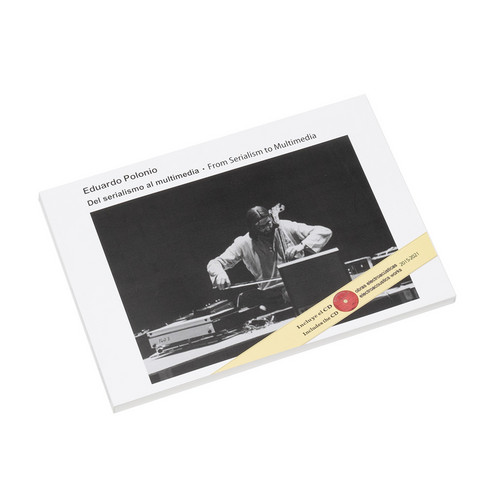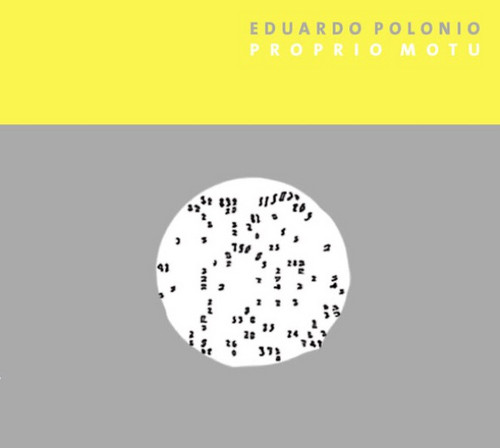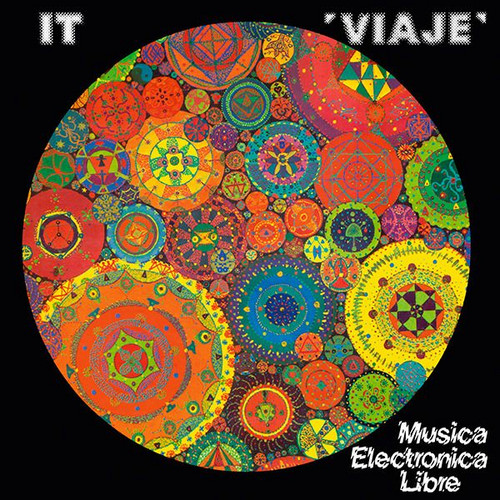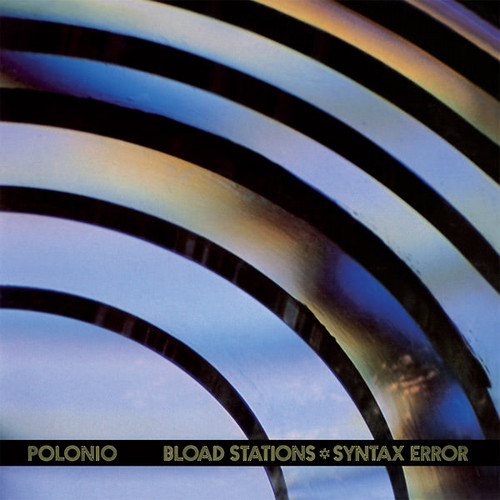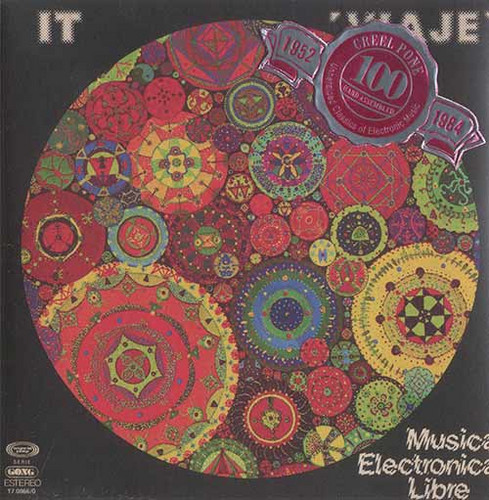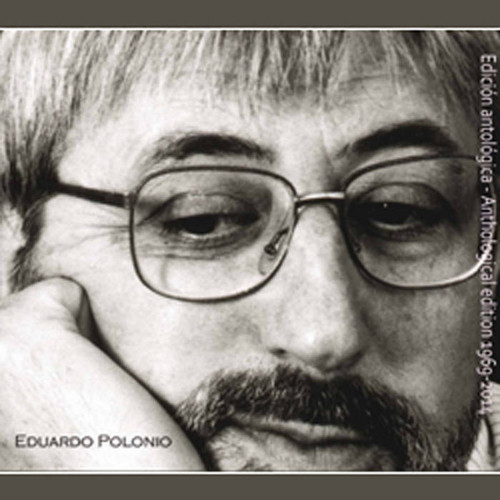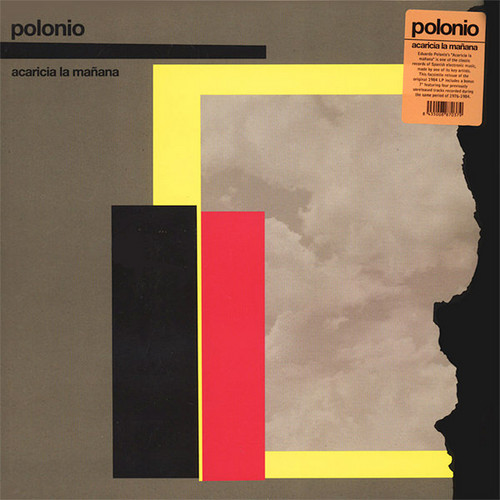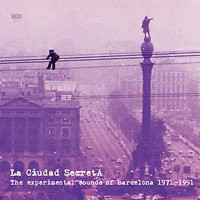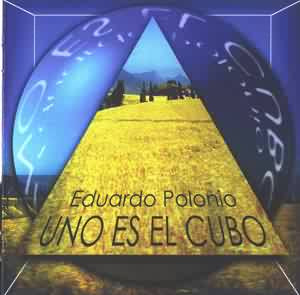Eduardo Polonio
Born in Madrid in 1941. He dropped out of the Engineering and Telecommunications School to attend the Royal Conservatory of Music in Madrid, where he studied the piano, harmonics, counterpoint and composition. In 1968, he obtained a diploma for teaching composition. Between 1966 and 1970, he studied instrumentation with Günther Becker during the Darmstadt Summer Courses. In 1969, thanks to a scholarship from the Juan March Foundation, he trained at the Psychoacoustics and Electronic Music Institute at the University of Ghent. In 1969, he started to work with the Alea laboratory in Madrid. Between 1970 and 1972, he was part of the Alea Música Electrónica Libre group, the first Spanish group playing electroacoustic music live
Born in Madrid in 1941. He dropped out of the Engineering and Telecommunications School to attend the Royal Conservatory of Music in Madrid, where he studied the piano, harmonics, counterpoint and composition. In 1968, he obtained a diploma for teaching composition. Between 1966 and 1970, he studied instrumentation with Günther Becker during the Darmstadt Summer Courses. In 1969, thanks to a scholarship from the Juan March Foundation, he trained at the Psychoacoustics and Electronic Music Institute at the University of Ghent. In 1969, he started to work with the Alea laboratory in Madrid. Between 1970 and 1972, he was part of the Alea Música Electrónica Libre group, the first Spanish group playing electroacoustic music live
